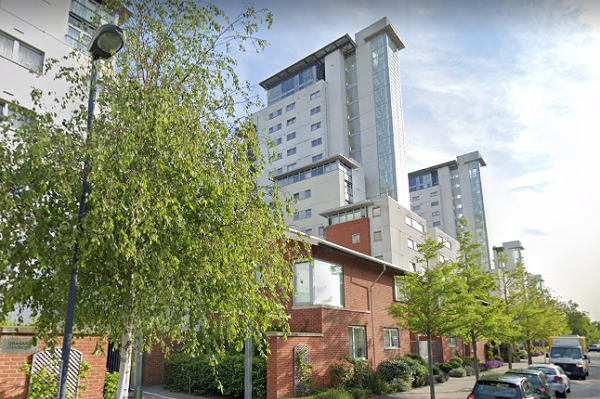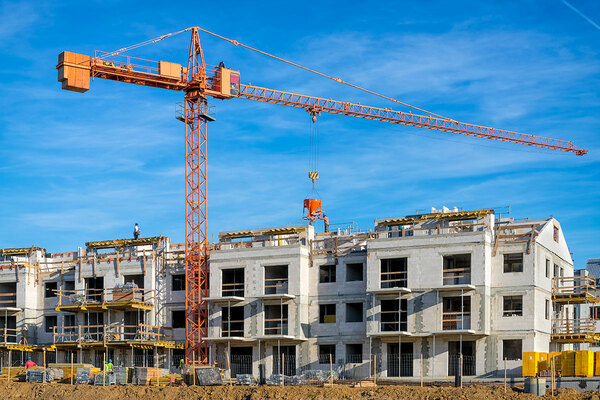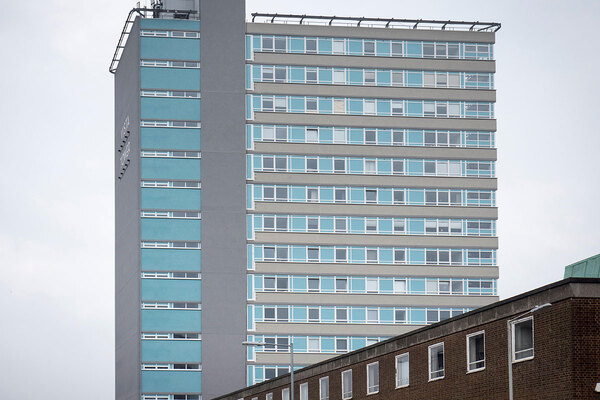You are viewing 1 of your 1 free articles
The week in housing: the cladding crisis dominates the news once again
A weekly round-up of the most important headlines for housing professionals

Good afternoon. As is frequently the case at the moment, the week has been dominated by fire safety stories. This was driven by the Labour Party setting out a plan on the crisis and then calling a debate on the issue in the House of Commons on Monday, which resulted in their motion passing unopposed through the chamber, with Conservative MPs whipped to abstain.
Sign up to get this briefing directly to your inbox
The motion and the vote were really little more than political theatre; what was important was first to show the government the strength of feeling on this issue (including from its own backbenches) and to create a news cycle about the cladding crisis, which was achieved and then some.
Politically, more substantial fights will take place when the Fire Safety Bill and Building Safety Bill return to parliament, with Labour and Conservative rebels set to unite over amendments to force the government to protect leaseholders from costs.
In terms of what’s actually happening, there appears to be a high-level tug of war on this issue, with the Ministry of Housing, Communities and Local Government pushing the Treasury to commit to a large slice of public funding and the Treasury digging its heels in.
We seem to be heading to a position where a combination of leaseholder loans, industry levies and public money combine in a pot to fix dangerous buildings – with a battle over what amount each party pays. Leaseholder campaign groups will fiercely oppose any loans, arguing – quite correctly – that they are the only blameless party.
The fire safety headlines of the week have seen the Law Society lend its not-insubstantial voice to those arguing that leaseholders should not be billed for the crisis and giant house builder Barratt take the step of backing a levy on the industry to fix the crisis.
While this latter step may look surprising, it makes sense. Barratt has presumably understood the cost of a levy is less than the cost of continuing with the status quo, especially if it helps unlock the frozen market for flat sales.
The builder would probably also prefer the certainty of a fixed levy to the incalculable risk of future fire safety liabilities, is in a strong enough cash position to handle a levy without any real pain and probably understands the value in an end to the slew of negative publicity – not just for Barratt but for the market in general – is worth more to its business than it would pay through a levy.
In the range of legislative responses the government could reach for due to the building crisis, Barratt may well also calculate that a levy is the least painful.
Designing a levy that also works for SME builders is a bigger challenge, but it is not beyond the wit of a government with a large parliamentary majority.
In other news, there were gloomy development figures from two of the sector’s bigger players, with both Sovereign and L&Q seeing a substantial fall in completions – but this is to be expected in a time of disease.
In other development news, the Scottish government abruptly wound up the Help to Buy scheme this week, blaming UK government budget cuts.
And in one to watch for the future, the Department for Business, Energy and Industrial Strategy has commissioned official research on the biggest question for the sector over the next 30 years: decarbonising social homes.
Peter Apps, deputy editor, Inside Housing
Editor’s picks: five must-read stories this week
- The post-Grenfell building safety crisis: a timeline
- Five things we know about One Housing Group’s financial struggles
- The consequences of the cladding crisis are affecting everyone in housing need
- It is time to end the customer or tenant debate and simply start offering better services
- Labour calls for National Cladding Taskforce as it outlines plan to fix building safety crisis
Sign up for our Week in Housing newsletter
Already have an account? Click here to manage your newsletters










